The young people of Black Lives Matter are hurt. And they have every right to be.
When they were protesting in the streets of cities across America, much of the country didn’t bother to listen to their message. They were not embraced by the mainstream for their bravery, their determination or resolve to bring attention to reckless police killings that disproportionately impact young African-Americans.
Some labeled them troublemakers, even terrorists. And in the aftermath of the student uprising over the mass shooting in Parkland, Fla., they are taking to social media to vent their disappointment.
It isn’t that they want to take any credit away from the courageous young people in Florida. Indeed, their vigilance in standing up for tighter gun control measures is admirable and welcomed.
In a tweet last week, Oprah Winfrey said the inspiring youths in Florida reminded her of the “Freedom Riders of the 60s who also said we’ve had ENOUGH and our voices will be heard.” She pledged to match George and Amal Clooney’s $500,000 donation to the youths’ March for Our Lives planned for March 24.
We should all applaud these teens for having the guts to stand up to lawmakers in the way that adults have failed to for far too long. We stand with them in the struggle to make our schools and our nation safer from mass killers who strike indiscriminately with semi-automatic weapons.
But shouldn’t we also pay attention when young people express their pain and frustration over the violent killings of unarmed African-American children and adults at the hands of unscrupulous police officers?
In response to Oprah’s tweet, Charlene Carruthers, national director of Black Youth Project 100, one of the groups involved in the protests that sprung out of the 2014 police shooting of unarmed teenager Michael Brown in Ferguson, Mo., tweeted this:
“I promise y’all. I’m happy for these young people. I just know how so many young people have put their lives on the line over the past five years. We’re rarely compared to Freedom Riders and recipients of such public support. I shouldn’t be bothered, but I am.”
Some of the young Black Lives Matter activists are asking why the responses have been so different.
These mostly African-American young people already know the answer, though. We all do.
It is because in America, black lives often don’t matter. But that’s a subject to be addressed at another time.
There also are some practical reasons why Black Lives Matter hasn’t attracted a more far-reaching audience. To join a movement, people must first agree that the cause is justifiable. Mainstream America doesn’t see police shootings that way.
In the backs of a lot of people’s minds, including some African-Americans, there is always the nagging question of whether people like 12-year-old Tamir Rice, Eric Garner, Philando Castile and Alton Sterling did something to provoke their deaths.
It is difficult for most Americans to identify with the issues that people in urban neighborhoods often face. But the ability to imagine oneself in an oppressed situation isn’t required in order to express empathy.
The Freedom Riders who went to Mississippi during the civil rights movement to register blacks to vote included lots of white students from the North whose rights never had been violated. But they fought on behalf of African-Americans in the South anyway, because they understood that our country could not thrive with one set of protections for one race and another set of rules for another.
Preventing mass shootings, particularly those in schools where the lives of innocent children are lost, is something most Americans can wrap their hearts around. To hear the stories of young victims — children who could have been any of ours regardless of race — has a natural way of bonding kindred spirits.
But more than that, the latest shooting in Florida was America’s tipping point. After years of experiencing such brutal slaughters, many of us have had enough. Perhaps it is because young people are demanding that we take action, so this time we are obligated to listen.
America isn’t yet at its tipping point with police brutality. The issue doesn’t come wrapped in a neat little package that the mainstream can feel comfortable with.
The Black Lives Matter movement is extremely marginalized. It is specifically about protecting African-American lives. It will take much more effort to get the rest of America on board with that cause.
But if the young people involved in Black Lives Matter are as smart as I think they are, they will not be silenced. If they are vocal enough, America will eventually reach its tipping point on the senseless police killings.
In the 1960s, America was forced to its tipping point over voting rights and segregation. There is no reason that young people can’t force mainstream America to at least act as though black lives matter.
___
(c)2018 the Chicago Tribune
Visit the Chicago Tribune at www.chicagotribune.com
Distributed by Tribune Content Agency, LLC.
—-
This content is published through a licensing agreement with Acquire Media using its NewsEdge technology.



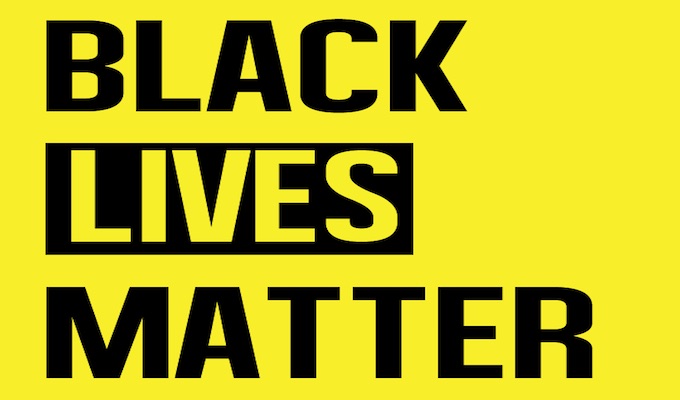

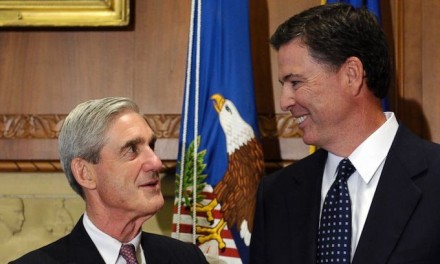
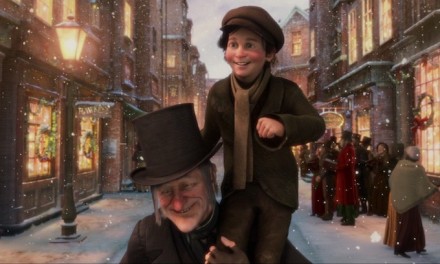
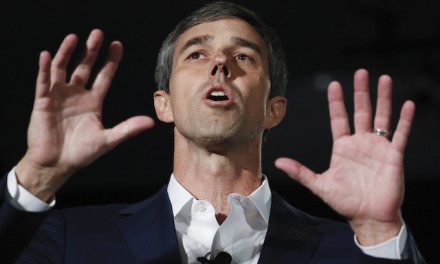
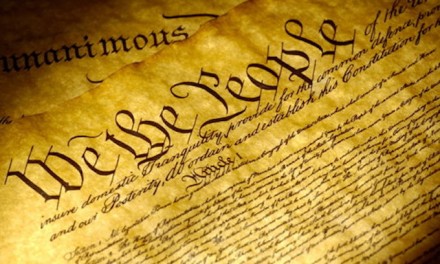








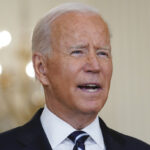


Recent Comments